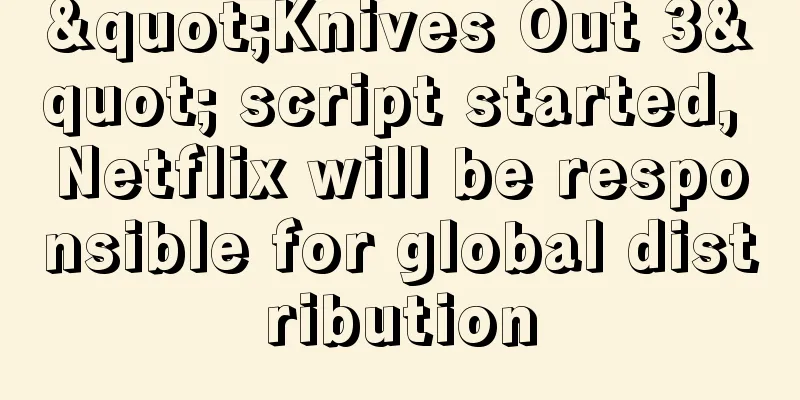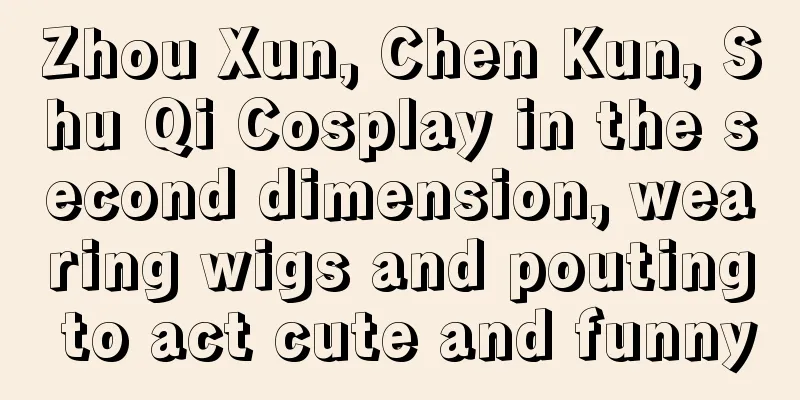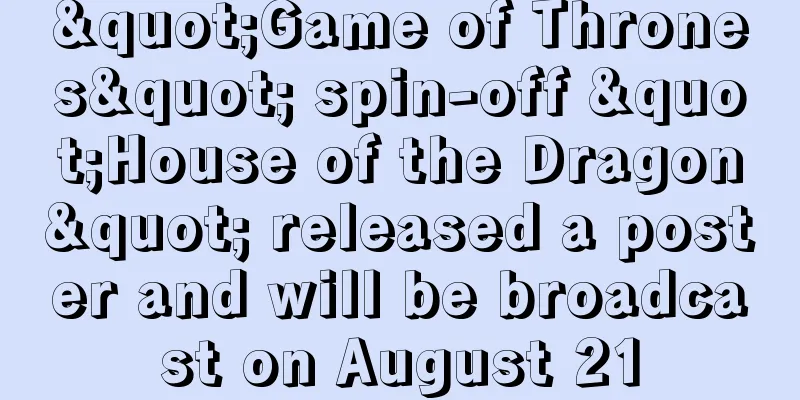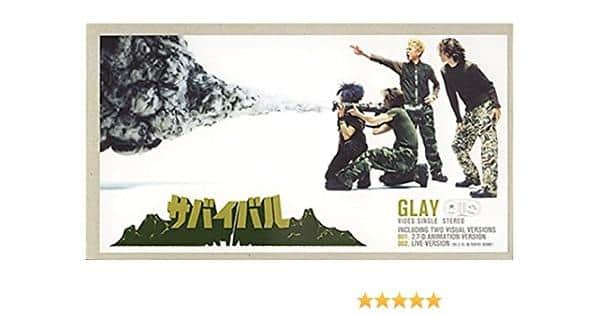Jungle Emperor 1989 Review: A Deeper Look at Episodes 3 and 4 of the TV Series
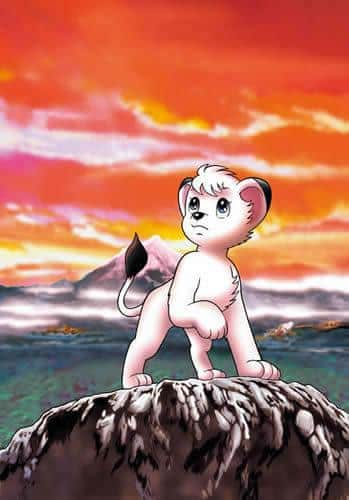
Jungle Emperor 1989 Edition - Reevaluation and Deep SearchTezuka Osamu's masterpiece, Jungle Emperor, appeared before us again in 1989 as a new TV series several decades after its first edition. This 1989 edition is highly regarded as a work that inherits the spirit of the original while adding its own unique interpretation and development. In this article, we will explore the appeal and background of this series in detail, and consider it, including recommendations for viewers. OverviewJungle Emperor Leo 1989 is a 26-episode anime series that aired on TV Tokyo from October 12, 1989 to October 11, 1990. Although the original work was by Tezuka Osamu, this series was produced as an original anime. It was directed by Ui Takashi and produced by Tezuka Productions, with copyright shared between Gakken, Nihon Keizai-sha, TV Tokyo, and Tezuka Productions. storyThe story begins when Leo, a white lion, is born on a ship with his mother, Eliza, after his father, Panja, is killed by the poacher Hamegg. Leo escapes from the ship and reaches Africa, where he faces a harsh natural environment and many challenges. Facing one challenge after another, such as attacks from the black leopard Tot and the lion Bubu, the pursuit of the poacher Hamegg, and a sudden tornado, Leo continues to ask himself questions and go through trial and error to grow. This story depicts Leo's epic journey as he grows into the king of the jungle and aims for the coexistence of humans and animals. CommentaryThe original idea for "Jungle Emperor" was to have a white lion that could communicate with humans, but in the 1989 version, Leo cannot converse with humans. This setting reflects the real world, where animals and humans cannot fully communicate with each other, and is an important element in portraying Leo's conflicts and growth more realistically. Leo is portrayed not as a superhero, but as an adolescent boy who worries and questions himself repeatedly, and his human-like character resonates with viewers. castMegumi Hayashibara played the role of Leo up until the second chapter, while Shinnosuke Furumoto played the role from the third chapter onwards. A stellar cast of voice actors has been assembled, including Sakiko Tamagawa as Lyra, Isao Sasaki as Panja, and Sumi Shimamoto as Eliza. Other voice actors, including Sukekiyo Kameyama as Tony, Shigeru Chiba as Coco, and Tesshō Genda as Bubu, also play each character with their own unique style, and their powerful performances add excitement to the story. Main StaffThe original story was written by Tezuka Osamu, and the character designs were by Tezuka Osamu and Kawajiri Yoshiaki. The director was Ui Takashi, the chief animation director was Kobayashi Junji, the art was by Katsumata Geki and Saito Masami, and the series composition was by Umajima Mitsuru and Hirami Hitomi. Many staff members, including animation director, storyboard artist, key animator, and indie artist, worked together to complete this work. The music was by Asakawa Tomoyuki, and the theme songs "Savannah wo Koete" and "Yuugae ni Nare" were sung by Mizuki Ichiro and Tokugaki Tomoko. Main CharactersLeo is a white lion born in Africa, the son of Panja, the king of the jungle. After living in human society, he returns to the jungle and inherits the throne. Leo introduces human culture to the jungle, and eventually learns to speak human language. Laiya is Leo's wife and the mother of Rene and Lucchio. She was originally a subordinate of Ryona, the guardian deity of the pygmy village. Rene is Leo and Laiya's son, and he ran away from home, longing for human society. Lucchio is Leo and Laiya's daughter, and was named by the parrot Coco. subtitleThe subtitles for each episode were chosen to symbolize Leo's growth and the development of the story. From Chapter 1 "Birth" to Chapter 52 "Harmony (Part 2)", the subtitles for all 52 episodes are set to follow the flow of the story. This allows viewers to feel deep emotion and empathy as they follow Leo's journey and growth in each episode. Ratings and Recommendations"Jungle Emperor 1989" is highly acclaimed for its unique interpretation and development while retaining the spirit of the original work. In particular, Leo's inability to converse with humans is an important element in realistically portraying the relationship between animals and humans, and it deeply touches and evokes empathy in viewers. The story, which depicts Leo's growth and struggles, as well as his sense of responsibility as the king of the jungle, has the power to appeal to a wide range of audiences, from children to adults. The reasons why I recommend this work are as follows:
"Jungle Emperor Leo 1989" is one of the best anime series based on the original work by Osamu Tezuka, and it offers viewers a lot of inspiration and learning. Please watch it at least once and experience its deep themes and the charm of its characters. Supplementary Information"Jungle Emperor" was first made into a TV anime in 1965, and has since been remade and made into a movie several times. The 1989 version is particularly well-received, and is known for faithfully recreating the spirit of the original while adding new interpretations and depth. This series also holds a special meaning as it was the last TV anime series produced by Osamu Tezuka during his lifetime. In addition, the film contains messages about the importance of environmental issues and animal protection, depicting themes relevant to modern society. The story, which depicts Leo's growth and his sense of responsibility as the king of the jungle, has the power to appeal to a wide range of audiences, from children to adults. Viewers can learn a lot from Leo's journey and growth, including the coexistence of humans and animals, harmony with the natural environment, leadership and responsibility. "Jungle Emperor 1989" is one of the best anime series based on Tezuka Osamu's original work, and it will inspire and teach viewers a lot. Please watch it and experience its deep themes and the charm of its characters. |
Recommend
The second season of the TV animation "Yuru Camp△" will be officially aired on January 7th
The second season of the popular fresh TV animati...
The TV series trailer of "Battle Through the Heavens: Return of the Youth" looks forward to Xiao Xun'er
Today (April 14), the TV series "Battle Thro...
Staff revealed that Anno Hideaki's next work will be a remake of a national animated film
Recently, "Neon Genesis Evangelion: 3.0+1.0 ...
Impressions and reviews of episode 1 of "Punirunzu": Attractive characters and the beginning of a story
"Punirunzu" - A relaxing anime that can...
Black actress: Black and inclusive stories are no longer a priority in Hollywood
Recently, black actress Issa Rae (who has starred...
ONE PIECE: Chopper's Kingdom on the Island of Strange Animals - A thorough analysis of the touching story of adventure and friendship
"ONE PIECE: Chopper's Kingdom on the Isl...
The appeal and evaluation of Magical Girl Pretty Sammy: A deep look into the connection with the Tenchi Muyo! series
Magical Girl Pretty Sammy: A fusion of magic and ...
Amber Heard shares a selfie on the set of "Aquaman 2" with red-haired Mera
Today (October 28), Amber Heard posted a selfie f...
Silver Guardian review: A moving story and beautiful visuals
A comprehensive review and recommendation of &quo...
Ani×Para Episode 9 Boccia Review: Who is your hero?
Ani×Para~Who is your hero?~ Episode 9 "Bocci...
The main art of Yoshitaka Amano's new anime "GIBIATE" is released for the first time and will be broadcast in July
With the character design by the famous illustrat...
Sonic the Hedgehog 3 is scheduled to be released on January 10th. Welcome the New Year with Sonic Team
The movie "Sonic the Hedgehog 3" produc...
A thorough review of I'm Kawajiri Kodama: The Depraved Life of a Dangerous Life Hacker!
The appeal and evaluation of "I'm Kawaji...
That irresistible charm! The new version of Robin in the theme of "One Piece" is stunningly unveiled
The latest work in the "Playback Memories&qu...
The trailer for the 20th anniversary work of "Otome DoReMi" "Searching for the Witch Apprentice" was released and will be released on November 13
Today (August 18), the trailer for the 20th anniv...

